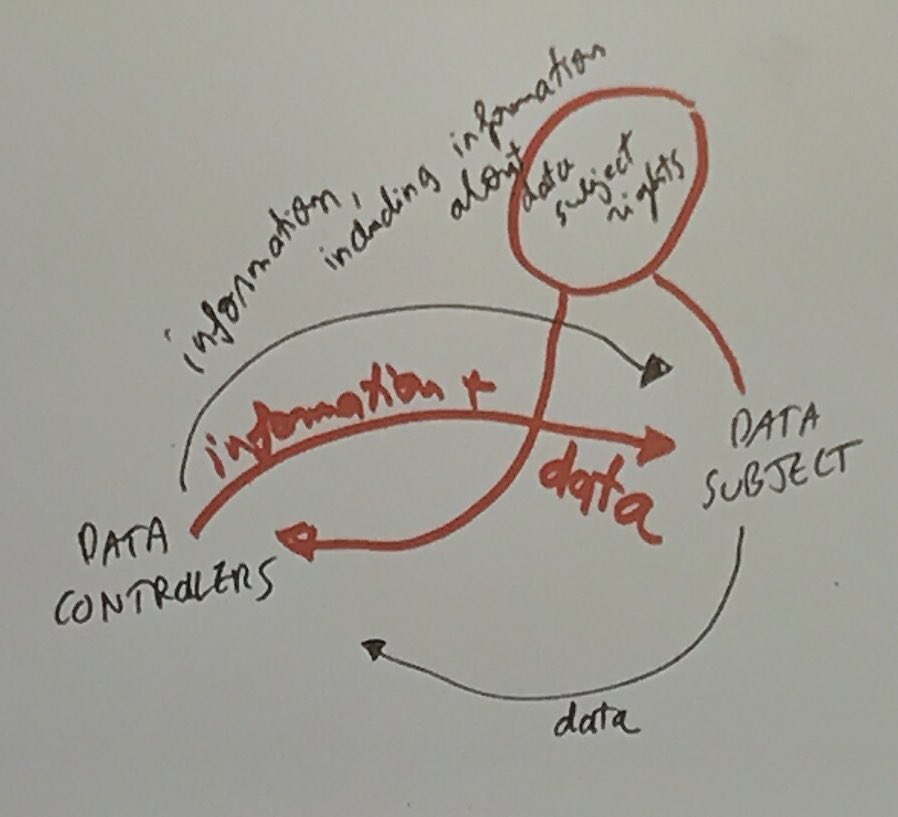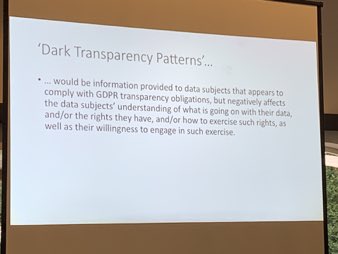@FusterGloria
@marioseventysix
@narseo
@mdieter
@NoraADraper
@graydesign
@amislove
@jusTechne
@moniekbuijzen & co.
@MLeiser
as instructors
#ISP2019
isp.cs.ru.nl

Q: what if you have multiple grounds?
A: good question, ideally should be one and people should stick to it...
Facilitate: dictionary says, it should make easy, easier, possible, smooth, clear the way for, lubricate, expedite.
Has this happened to you with data subject access rights?

Here are some 5 simple rules, cause I am hopeful we can do this:
Do not just provide hints about where these information might be found.
Do not mention vague potential catastrophic consequences.






